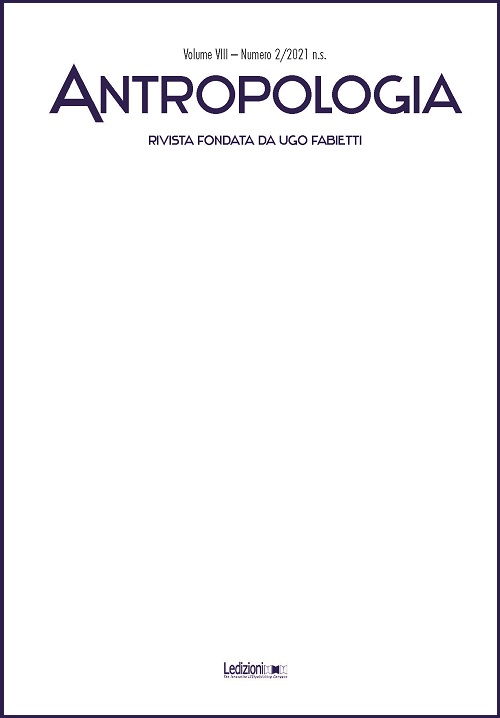Urban justice. Politics of space in a floating community in Copenhagen
DOI:
https://doi.org/10.14672/ada20211776105-126Keywords:
urban anthropology, built enviroment, environmental justice, space, making spaceAbstract
In this contribution I discuss the role of space in the processes of conflict management by groups of citizens affected by redevelopment processes in suburban areas of cities. The case presented deals with the community of Fredens Havn, a small squat located in a canal in the center of the city of Copenhagen. Through a particular way of conceiving urban space and the relationship between domesticity and nature, the inhabitants of Fredens Havn claim their right to citizenship by opposing the policies of land control, which aim at the implementation of redevelopment projects designed to exclude people in marginal conditions from urban areas, depriving them of the right to inhabit the spaces of the city. The purpose of this contribution is to understand the way in which the inhabitants of Fredens Havn, through the use of spatial and environmental resources, assert their political and identity position and demand recognition of their rights within the urban context of the city.
Downloads
Published
Issue
Section
License
Copyright (c) 2021 Antropologia

This work is licensed under a Creative Commons Attribution 4.0 International License.
Authors maintain the copyright of their original work and grant the Journal the right to first publication, licensed after 36 months under a Creative Commons Licence – Attribution, which allows others to share the work by indicating the authorship and first publication in this journal.
Authors may agree to other non-exclusive licence agreements for the distribution of versions of their published work (for example in institutional archives or monographs) under the condition that they indicate that their work was first published in this journal.



